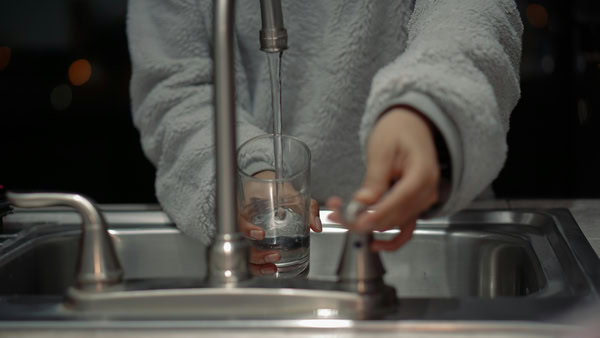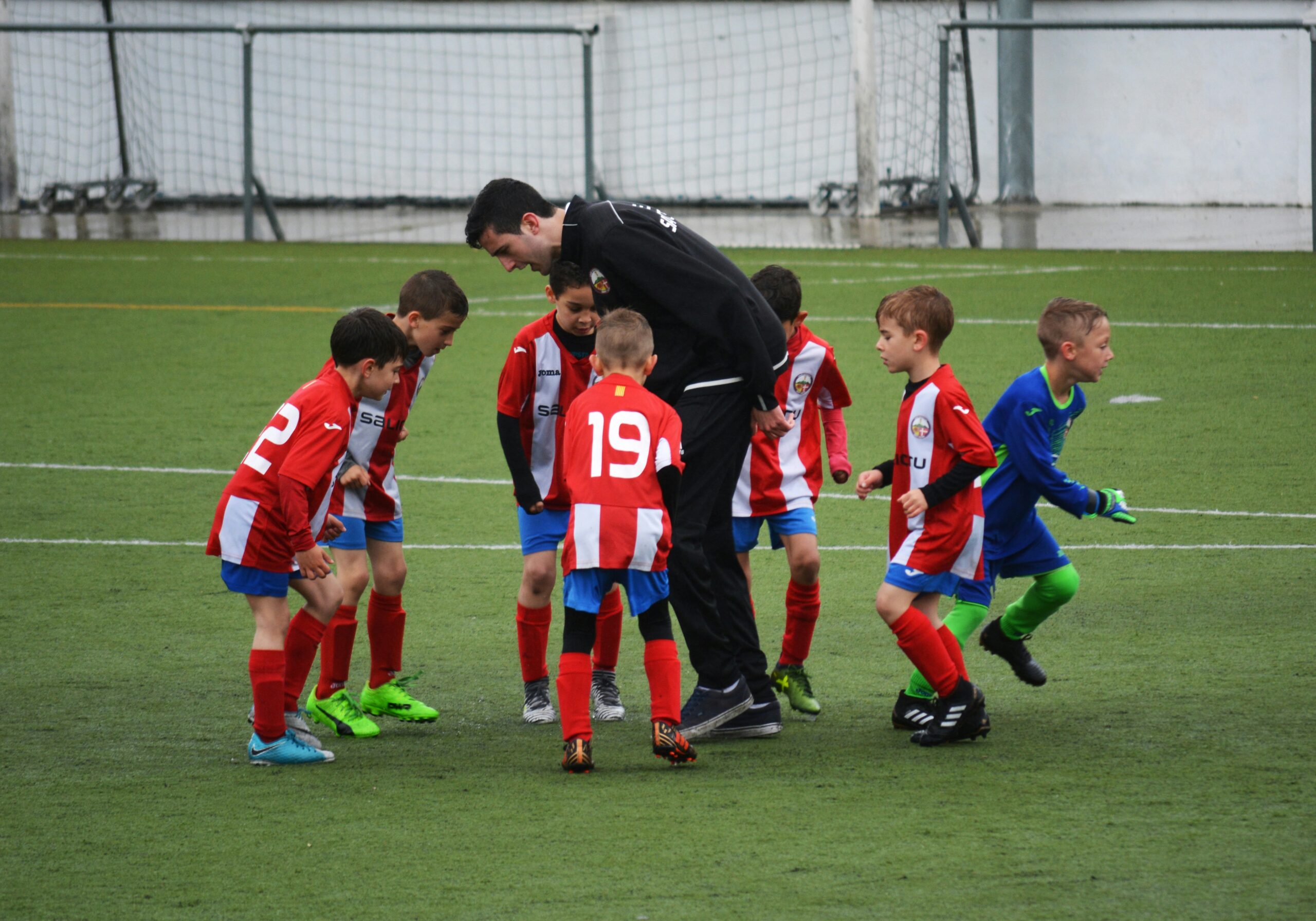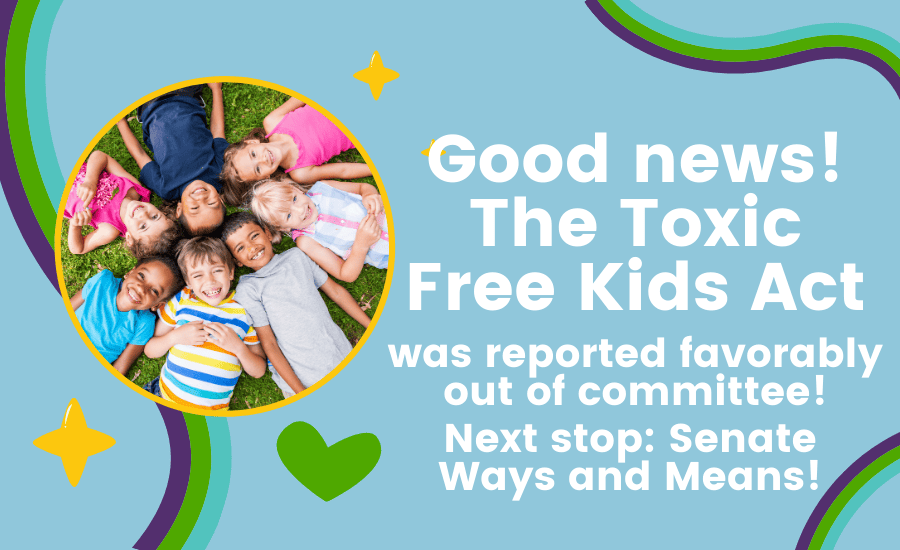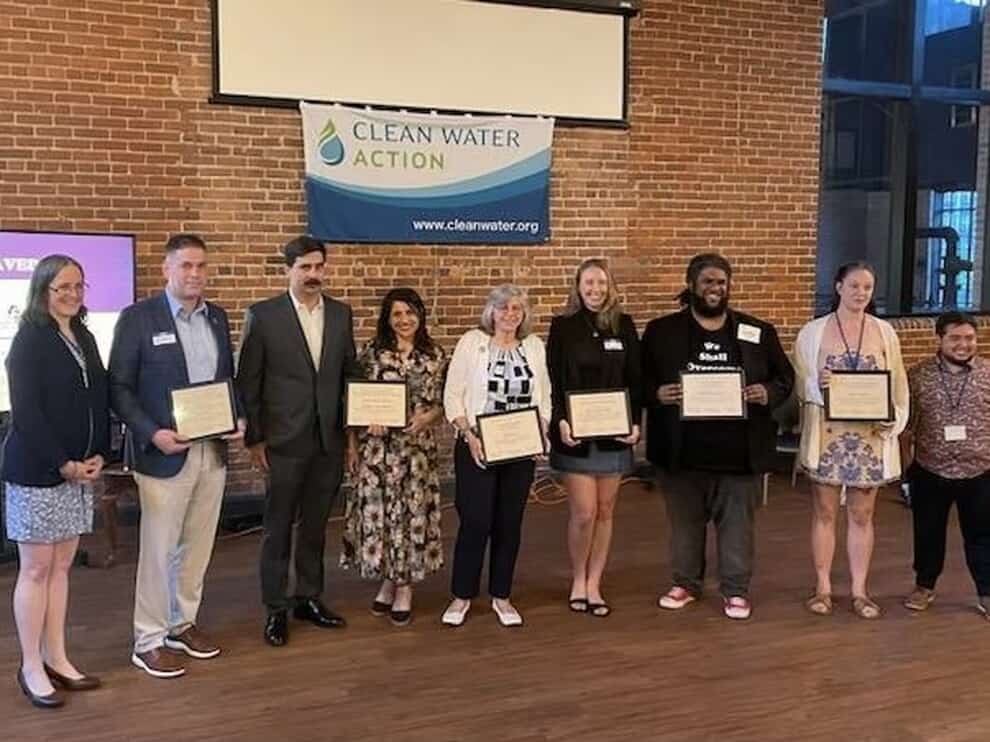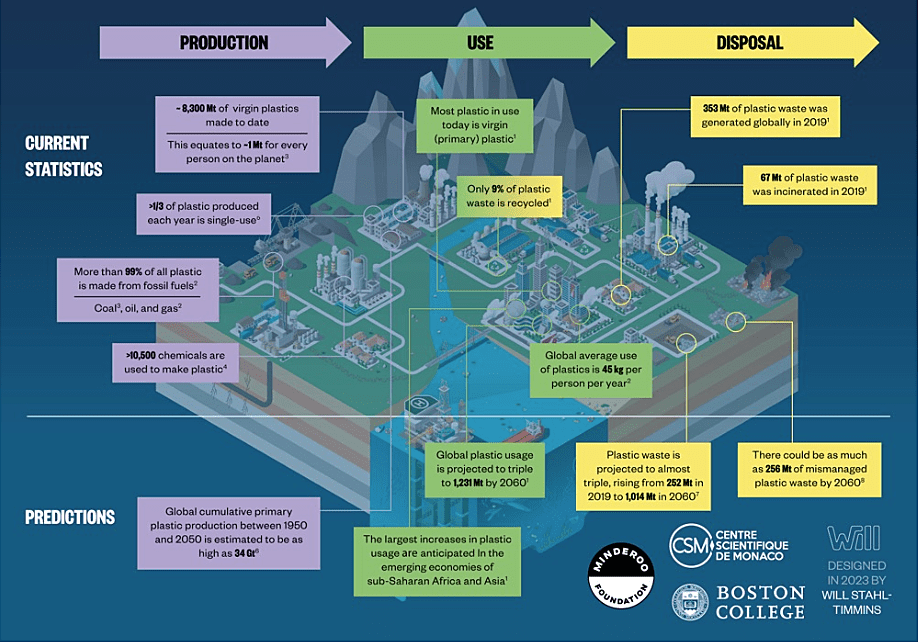Current posts
October 1, 2024
E&E News Politico: Trifluoroacetic acid, the new PFAS that is everywhere
E & E News: You’ve probably never heard of this ‘forever chemical.” Scientists say it is everywhere. Journalist: Miranda Wilson Date: September 12, 2024 As cities and towns plan to remove several harmful “forever chemicals” from drinking water, scientists are starting to focus on a less-studied version of the chemicals that is showing up virtually everywhere they look. Trifluoroacetic acid, or TFA, could be one of the most widespread forever chemicals in the environment, according to a growing body of…
October 1, 2024
CNN: Banned flame retardants in black plastic take out containers & foodware
CNN: Black-colored plastic used for kitchen utensils and toys linked to banned toxic flame retardants Black-colored plastics used in electronics are leaching flame retardants into kitchen utensils, toys and food containers, a new study found. October 1, 2024 Journalist: Sandee LaMotte Black-colored plastic used in children’s toys, takeout containers, kitchen utensils and grocery meat and produce trays may contain alarming levels of toxic flame retardants that may be leaching from electronic products during recycling, a new study found. “A…
April 15, 2024
The Hill: No safe level of 1000s of common chemicals
Saul Elbein, Feb 7, 2024 The Hill reports, “Plastics, pesticides and forever chemicals are exposing billions of people around the world to pernicious and dangerous health effects, a new report has found. In the report published Monday, scientists from the Endocrine Society and the International Pollutants Elimination Network criticized the way regulators determine the toxicity level of chemicals — and suggested that for a staggering array of common compounds, no dose may be safe. This is a problem scientists connect to…
April 15, 2024
EWG: ‘Forever chemicals’ in landfills threaten in environmental justice communities
Many of the 11,000-plus active and closed landfills in the U.S. could be contaminated with the “forever chemicals” known as PFAS, creating increased health risks for the low-income communities and communities of color that are often located close to these sites. Experts estimate that every year 16,500 pounds of PFAS end up in landfills from discarded household goods, industrial waste and more. About 1,100 pounds of these chemicals get released, creating air pollution problems for people living nearby. And 1,760 pounds of…
April 15, 2024
KUOW: Does playing soccer on artifcial turf increase cancer risk especially in kids
Longtime University of Washington goalies coach Amy Griffin is not an activist by nature. But 15 years ago, she identified what she believed was a trend that she couldn’t ignore in good conscience — young goalies being diagnosed with blood cancer. It started when she ran into two of her former goalkeepers at University Village, an outdoor mall in northeast Seattle. The two young women had grown up playing soccer in the same Seattle neighborhoods, on the same fields.…
More posts
New study shows PFAS exposures for children playing on turf
Public Employees for Environmental Responsibility conducted a small study in San Diego that raises questions about children’s exposure to toxic PFAS when playing on artificial turf. The Washington Post covered the story at: https://www.washingtonpost.com/wellness/2024/03/12/artificial-turf-pfas-chemicals/ NBC San Diego has an additional report at: https://www.nbcsandiego.com/news/local/chemicals-artificial-turf-study/3468211/ Photo credit: Adria Crehuet Cano on UnSplash
The Guardian: Pork, tea, butter among foods contaminated with PFAS
Feb 19, 2024–The Guardian reported on new research from the University of Southern California, showing a link between elevated PFAS levels in blood and consumption of certain foods, including butter, processed meats, tea, and bottled water. The USC study analyzed the diets of 700 individuals over a 4-year period. Researchers found that some foods increased PFAS levels when consumed in restaurants but not when prepared at home, suggesting that food packaging was a route of exposure. Pork was associated with…
The Guardian: EPA testing finds widespread PFAS contamination in drinking water
Feb 24, 2024 According to reporting in The Guardian, the Environmental Protection Agency has tested one third of United States drinking water systems for PFAS, finding PFAS in water systems that serve 70 million Americans. If contamination rates in this sample of water systems are consistent with rates in water that has not yet been tested, 200 million Americans are likely to have PFAS in their water. This represents 60 of the United States population. The EPA test results are…
Toxic Free Kids Gets Favorable Report
On January 25, the Consumer Protection and Professional Licensure Committee gave the Toxic Free Kids bill a favorable report, sending the bill to the Senate Ways and Means for further action. This is great news. Let your legislators know that you support action to get toxic chemicals out of things made for children 12 and under. Infants and children are especially vulnerable to the effects of toxic chemicals. That’s why things made for children should never contain chemicals that can…
The Hill: We’re missing an opportunity to prevent childhood cancer
We’re missing a critical opportunity to prevent childhood cancer
NYT: Forever Chemicals are everywhere, what are they doing to us?
The New York Times Magazine’s long form analysis of PFAS, with descriptions of how Philippe Grandjean and colleagues conducted 2012 research that showed, at levels currently in human blood, PFAS suppressed mmune systems and could make vaccines ineffective. A few powerful quotes from this must-read article: The problem of PFAS pollution goes beyond drinking water: The Faroe Islands demonstrate as much. PFAS is entering the environment — plants, animals and people — through many routes. “I’ve heard some people say, ‘Well,…
Guardian: EPA releases water testing results for 2000 drinking water suppliers
On August 17, 2023, the Environmental Protection Agency (EPA) released initial reports from the 5th Unregulated Contaminated Monitoring Rule for 29 PFAS and lithium. EPA tested approximately 2,000 water systems. It found one or more PFAS in 431 water systems and PFOA and PFOS in 220 water systems. This first round of testing affects just 7% of drinking water systems that the EPA will test between 2023-5, with final results available in 2026. See https://www.theguardian.com/environment/2023/aug/17/pfas-us-drinking-water-contaminated-forever-chemicals-epa for more details.
CNN: USGS study finds 45% of US drinking water has PFAS
On July 6, 2023, CNN reported on a recent US Geological (USGS) Survey study that found almost half of tap water in the United States is contaminated by per-and polyfluoroalkyl substances (PFAS). USGS scientists indicated that the study might actually underestimate the nation’s water contamination problem, because the agency analyzed water for just 32 of the over 12,000 known PFAS. The USGS study is the most comprehensive analysis to date of PFAS in the nation’s water supply. From 2016-2021, USGS…
Possible PFAS settlements of over 10 billion may not be enough, say 22 AGs
Across the county, states and municipalities are suing major manufacturers of PFAS and PFAS-containing firefighting foam. On June 3, 2023, Bloomberg Law reported that 3M company had reached a tentative settlement of $10 billion to settle legal claims from a multi-district case. Separately, Dupont de Nemours Inc., Chemours Company and Corteva Inc announced a proposed $1.19 billion settlement. While the proposed settlements would be the largest ever in a case against PFAS manufacturers, the funds may not be enough to…
New York Times: Three “Forever Chemicals” Manufacturers Settle Public Water Lawsuits
On June 2, 2023, the New York Times reported that Chemours, DuPont and Corteva had tentatively reached an agreement to pay $1.9 billion to settle claims agains the companies for contaminating drinking water. The monies would be put into clean up fund Separately, Bloomberg News also reported on Friday that 3M had a tentative settlement of over $10 billion with states and cities that have sued the company for its role in contaminating water. Both of these settlements must be…
Fall River and Nantucket firefighters among those being honored for work against toxic chemicals
Clean Water Action held its annual celebration on May 23, 2023. Among those feted were: Ayesha Khan Barber, Co-Founder of the Nantucket PFAS Action Group; Captain Nate Barber andFire Deputy Chief Sean Mitchell, both from the Nantucket Fire Department; and Professional Firefighters of Massachusetts District 8 Vice President, Jason Burns of Fall River. They were given the John O’Connor Grassroots Organizing Award for helping to launch a nationwide effort to eliminate per- and polyfluoroalkyl substances (PFAS) from the fire service. …
WBUR: Massachusetts Firefighters and their families are on the front lines of a battle with “forever chemicals”
First Diane Cotter in Maine, then Nate Khan in Nantucket, and Jason Burns in Fall River. Firefighters and their partners are fighting to get toxic PFAS out of firefighter personal protective equipment and out of firefighting foam. PFAS are in lots of products, and all of us are exposed. But, firefighters are particularly at risk. The levels of PFAS in firefighting gear are extraordinarily high. And firefighters have used PFAS-containing firefighting foam for decades. Firefighters are also exposed to toxic…
WBUR: “Report by BC researchers calls for plastic regulation to protect people’s health”
On March 21, 2023 WBUR reported on a major new report by the Minderoo-Monaco Commission on Plastics and Human Health. Formed by the United Nations, the Commission states that plastics harm human health during production, use, and disposal. Single-use plastics make up 1/3 of plastics in use today. WBUR quotes Dr. Philip Landrigan of Boston College, Commission Chair, who said: “I’m a pediatrician, and I trained at Boston Children’s [Hospital], and I’ve always thought that we have a responsibility to…
